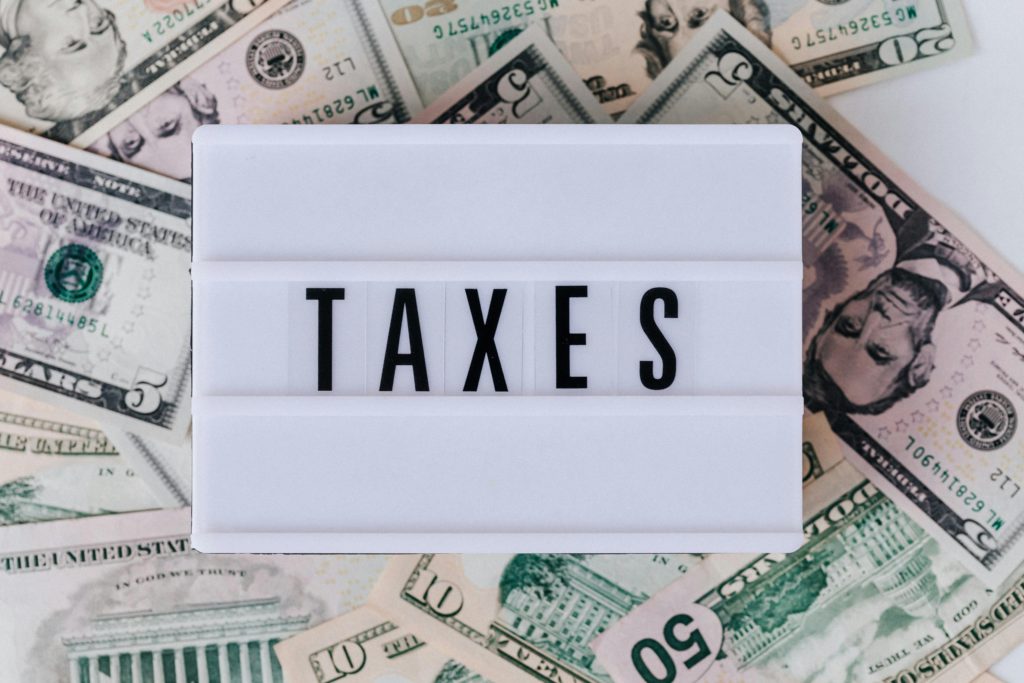Introduction: The Canadian Tax Objections Process Under subsection 165(1) o......
Tag Archives: All
Introduction: CRA’s Power to Compel Oral Interviews Since December 15, 20......
Introduction Many taxpayers find themselves overwhelmed by tax debts, compo......
Introduction One of the most impactful changes in recent tax policies inclu......
Introduction Polymarket, a decentralized prediction market platform, has ......
Introduction Crypto betting, the practice of placing bets or wagers using......
Introduction Incorporating a medical practice provides Canadian physicians ......
Introduction Effective financial planning is crucial for Canadian medical p......
Introduction For self-employed physicians in Canada, the decision to incorp......
Introduction Many Canadian physicians conduct a portion of their work from ......











